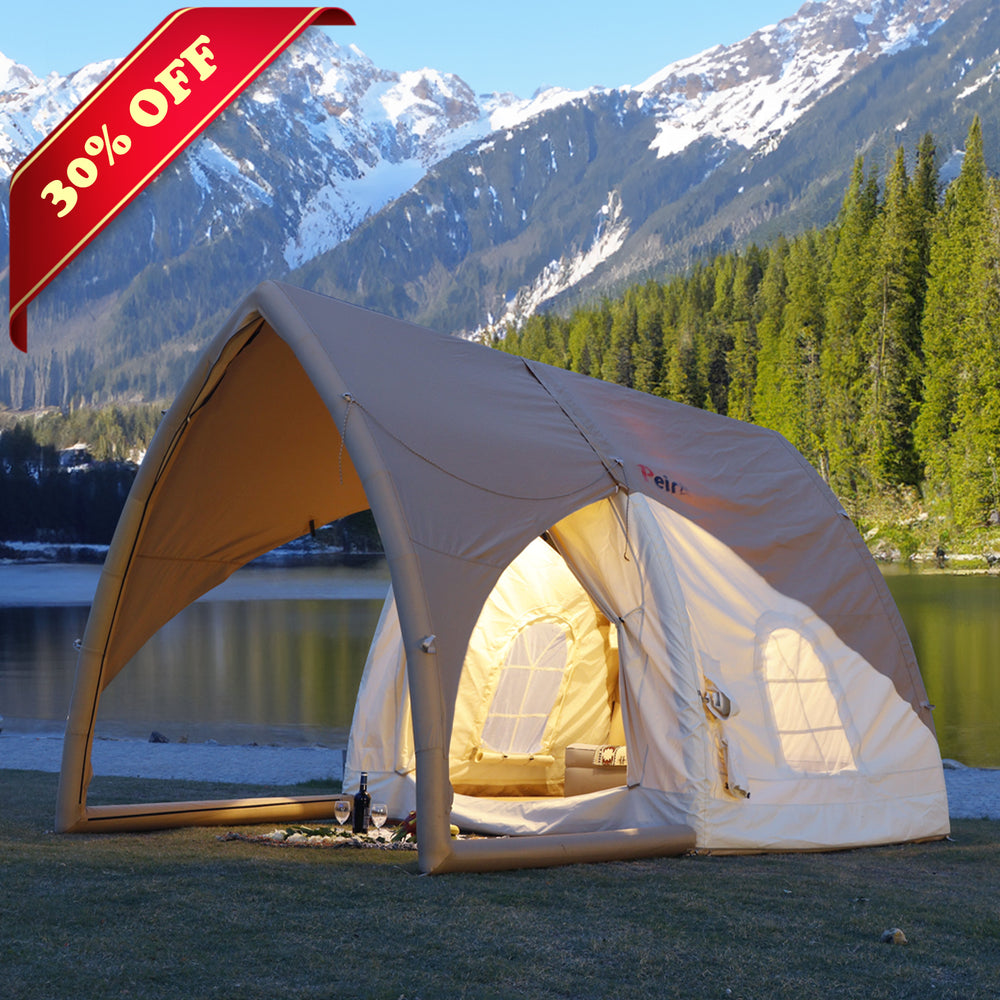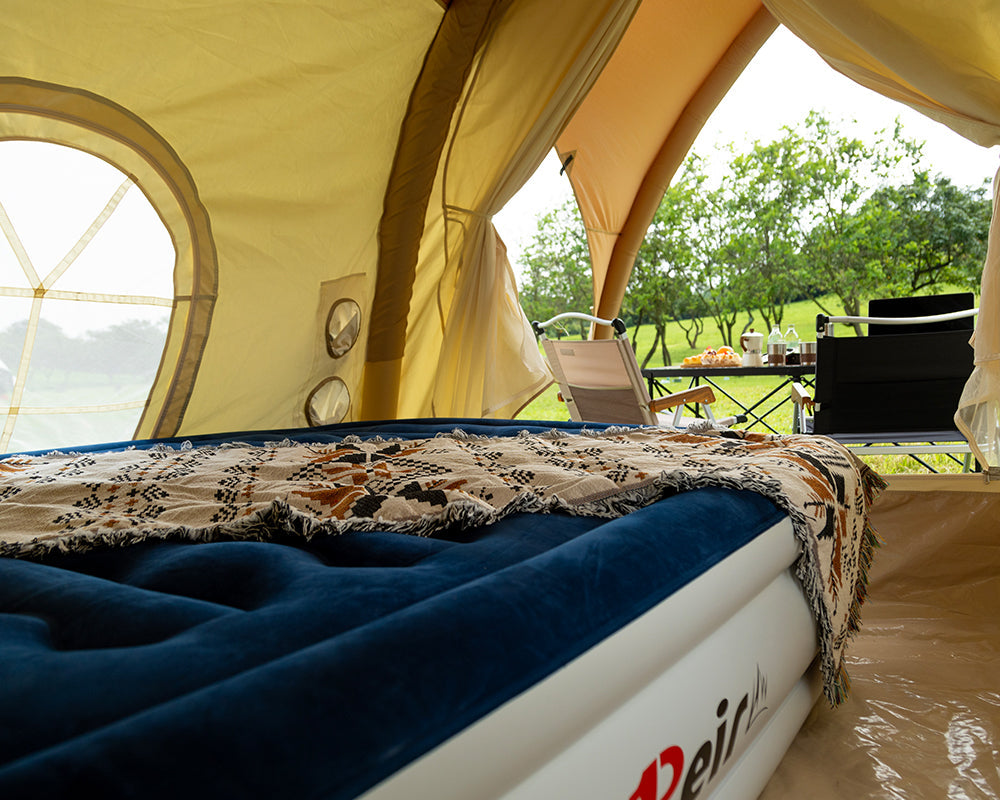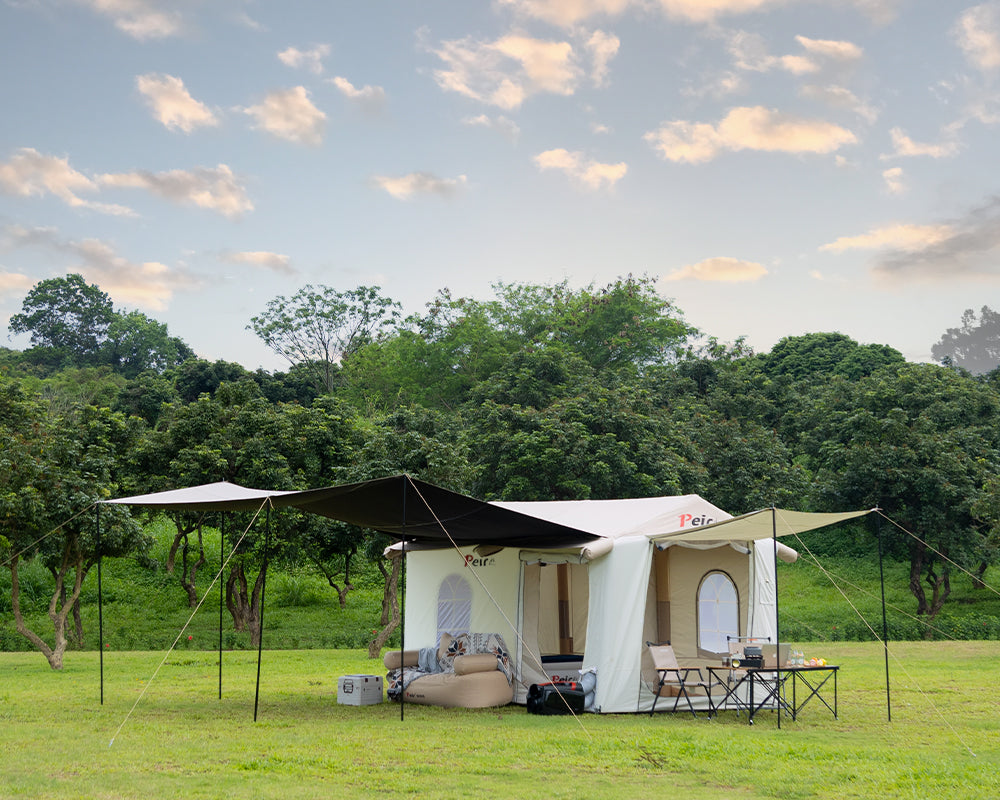You absolutely do not want bugs invading your tent. They can ruin your entire camping experience, especially when you’re trying to get some rest after a long day outdoors. So, let’s get straight to the point—keeping bugs out of your tent is easier than you might think. Here’s exactly how to do it.
1. Choose the Right Tent
The first step to bug-free camping starts with the right tent. Make sure your tent has high-quality, tight-fitting mesh windows and doors. Look for tents with no-see-um mesh, which is specially designed to keep out even the tiniest bugs. A good mesh will keep mosquitoes and other pesky insects out while allowing air to flow freely.
2. Use a Tent with a Full-Closing Zipper
This is non-negotiable. Always use a tent with a zipper that fully closes. Bugs can easily sneak in through a small gap, so make sure your zipper is fully functional and seals the tent tightly. Never leave your tent’s door open, even just a crack. Bugs are quick, and they’ll find any way in.
3. Set Up Your Tent in a Bug-Free Area
The location of your tent matters. Avoid setting up your tent near stagnant water, as this is where mosquitoes and other bugs tend to breed. Look for higher ground, and stay away from dense vegetation or areas with lots of standing water.
4. Use Bug Repellent
Repellent is a must. Apply a strong bug repellent to your skin and clothing before entering the tent. Look for one that contains DEET or picaridin, which are both highly effective at keeping bugs away. You can also apply a repellent spray to the tent’s exterior for an added layer of protection. Just make sure it’s safe for your tent’s fabric.
5. Keep the Tent Clean and Tidy
Bugs are attracted to food, so never leave food inside your tent. Even crumbs can attract ants and other insects. Clean up immediately after meals and store all food in sealed containers or outside the tent. If possible, hang your food in a bear-proof container away from the campsite.
6. Use a Mosquito Net or Bug Tent
If you’re really serious about keeping bugs out, consider bringing along a mosquito net or a smaller bug tent to set up inside your main tent. This is especially useful if you’re camping in a high-bug area. You can sleep comfortably under a bug-free layer, and it adds extra protection.
7. Burn Bug Repellent Candles or Use a Bug Zapper
When you're outside the tent, use citronella candles or a bug zapper near your tent to create a protective barrier around your sleeping area. These products can help keep bugs away while you relax or cook outside.
8. Seal the Ground Around Your Tent
Bugs don’t just enter from the air; they can crawl under your tent too. Use a tent footprint or groundsheet to cover the area under your tent. This not only protects your tent from wear and tear but also helps keep ground-dwelling insects from crawling in.
Seal all your tent entrances properly
Securing tent entrances isn't just about keeping the flap zipped; it's a crucial line of defense in the battle against bugs. Picture yourself nestled inside your cozy tent, the sounds of nature lulling you into a peaceful slumber when suddenly, a buzzing mosquito or a curious beetle finds its way in through an unsecured opening. To prevent such unwelcome interruptions, properly securing your tent entrances becomes paramount.
The zipper may seem like a simple mechanism, but it's your first line of defense against insect invaders. Ensure that all tent doors and windows are securely zipped shut when not in use, leaving no gaps for bugs to squeeze through. Even the smallest opening can invite unwanted guests into your sanctuary, so take the time to double-check and seal any potential entry points.
Be sure not to forget the spots campers often miss when securing their tents. The bottom edges of tent doors and windows are notorious weak points, prone to gaps and drafts if not properly sealed. Make sure to secure these areas tightly, using extra pegs or stakes if necessary to keep the fabric taut and close off any potential entry points for bugs. Another commonly overlooked area is the tent floor. While bugs may not be able to crawl through the fabric, they can still find their way through gaps between the floor and the ground. Use a groundsheet or tarp underneath your tent to create an additional barrier against crawling insects, ensuring a bug-free sleeping environment.
Natural insect repellents
If you don’t want to use a chemical bug repellent, you have the choice of several natural, eco-friendly alternatives. They do not contain toxins, and while they may not be as effective as some of the chemical repellents listed above, research shows that they are still fairly useful.
1. Essential oil repellents
These natural alternatives don’t emit chemicals and can be applied directly to the skin or clothes, although we wouldn’t recommend applying high concentrations to the skin as they can cause irritation. They are less effective than DEET and other chemical repellents.
2. Lemon eucalyptus oil
This repellent is a good natural guard against ticks and mosquitoes; it is believed to offer protection comparable to DEET concentrations of 15% to 20%. However, the Centers for Disease Control and Prevention does not recommend using this insect repellent on children under the age of three years old.
3. Onions and garlic
The natural aroma of these foods will repel bugs if you rub them on your skin or belongings, although the downside is that they may also repel other people. Including these ingredients in your food while cooking can help to ward off insects from your immediate environs.
4. Plant-based repellents
A range of plant-based repellents containing plant oils are available. Citronella, lavender, lemon eucalyptus, peppermint, rosemary, thyme and tea tree are all popular eco-friendly options, but it’s not known how truly effective they are.
5. Vinegar
White vinegar or apple cider vinegar are natural insect repellents that can be applied to your skin or rubbed onto your tent and other belongings. They’re not as effective as DEET and chemical repellents.
Key Takeaways
Keeping bugs out of your tent is simple if you take the right precautions. Make sure your tent is well-designed with quality mesh and zippers, use bug repellent, keep your tent clean, and set it up in a bug-free spot. With these tips, you’ll sleep soundly without worrying about creepy crawlies.






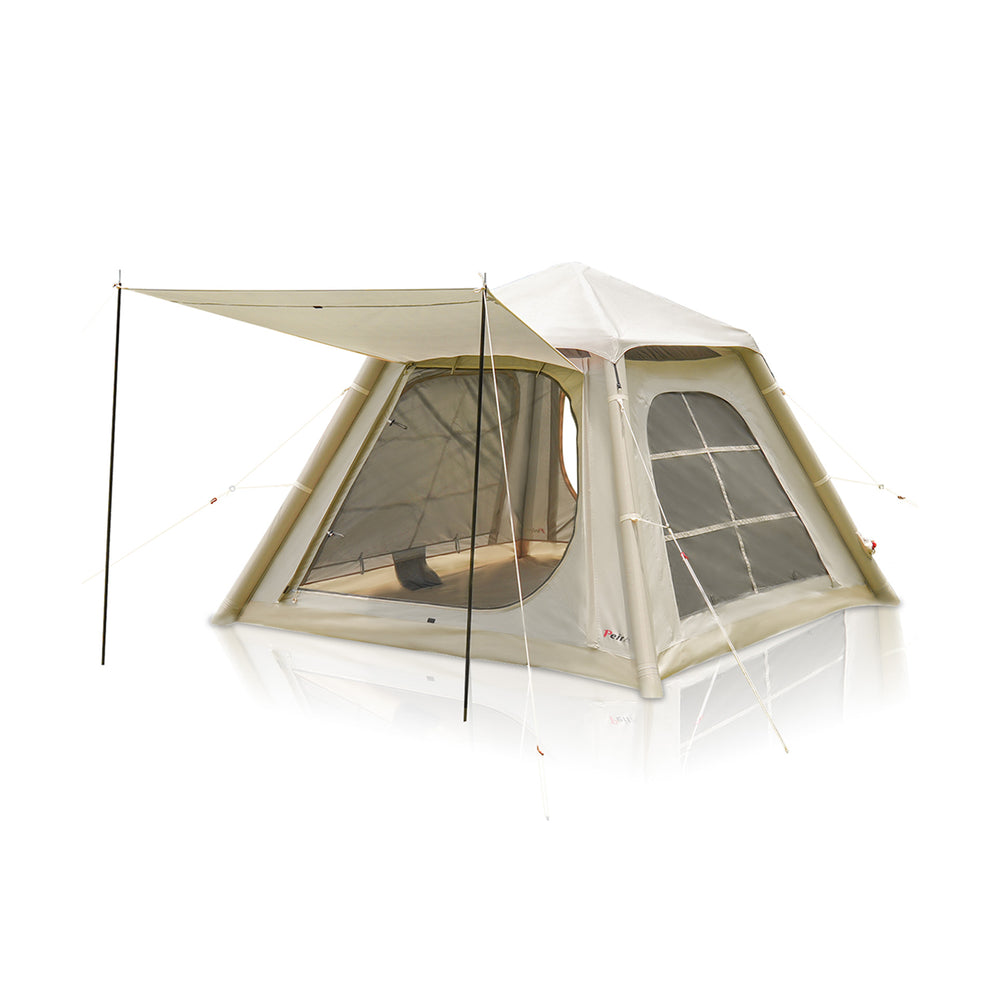
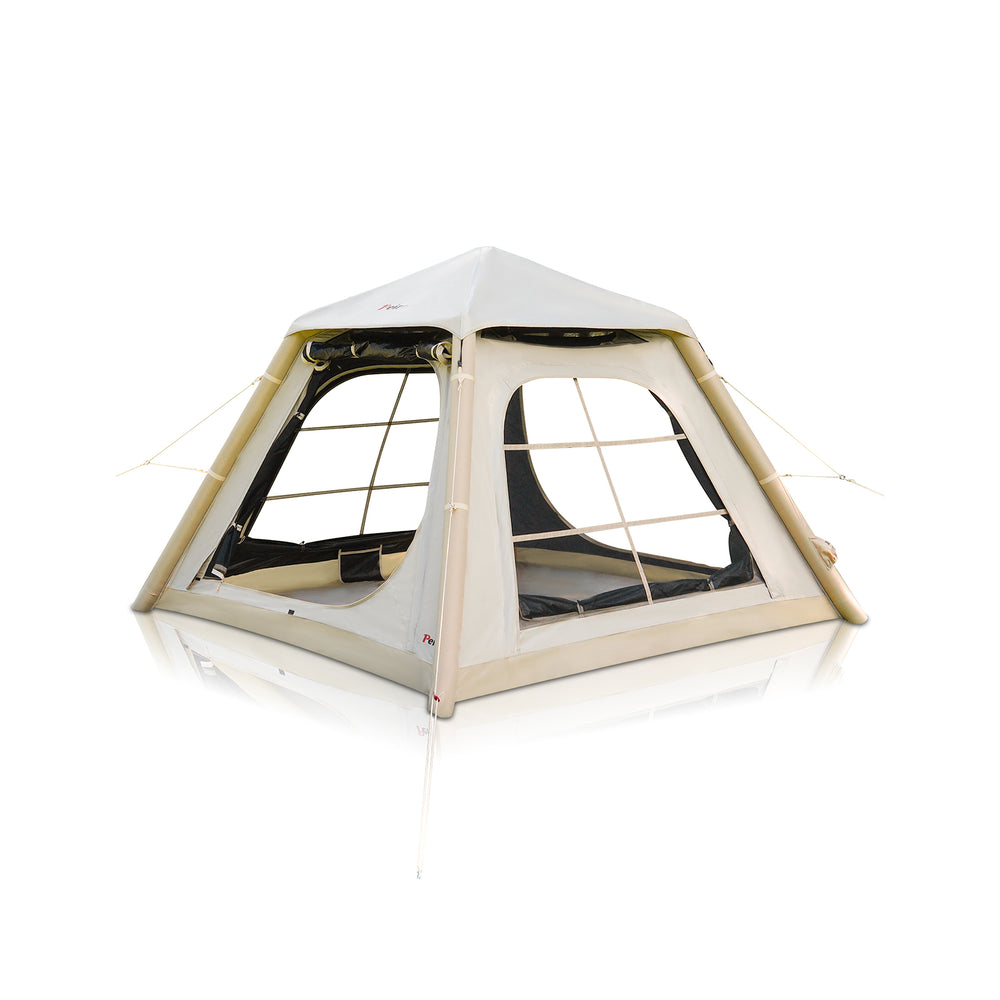
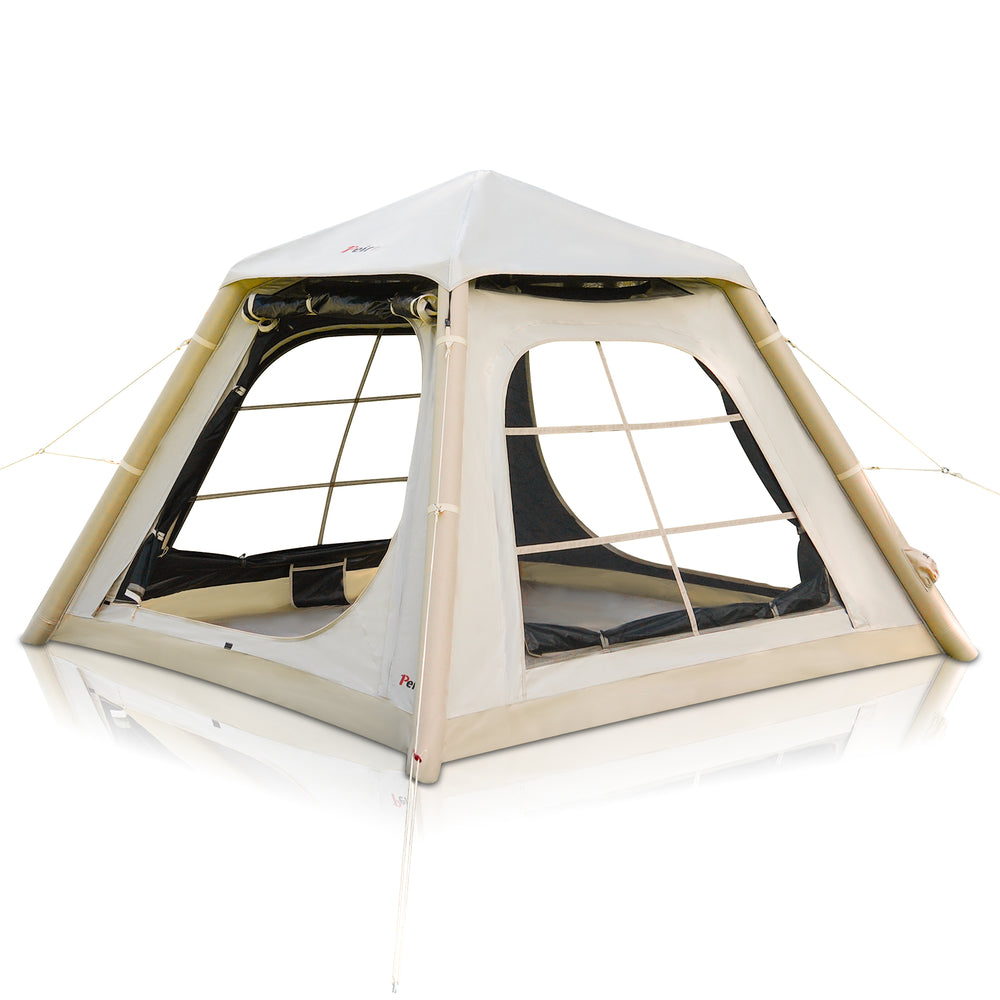
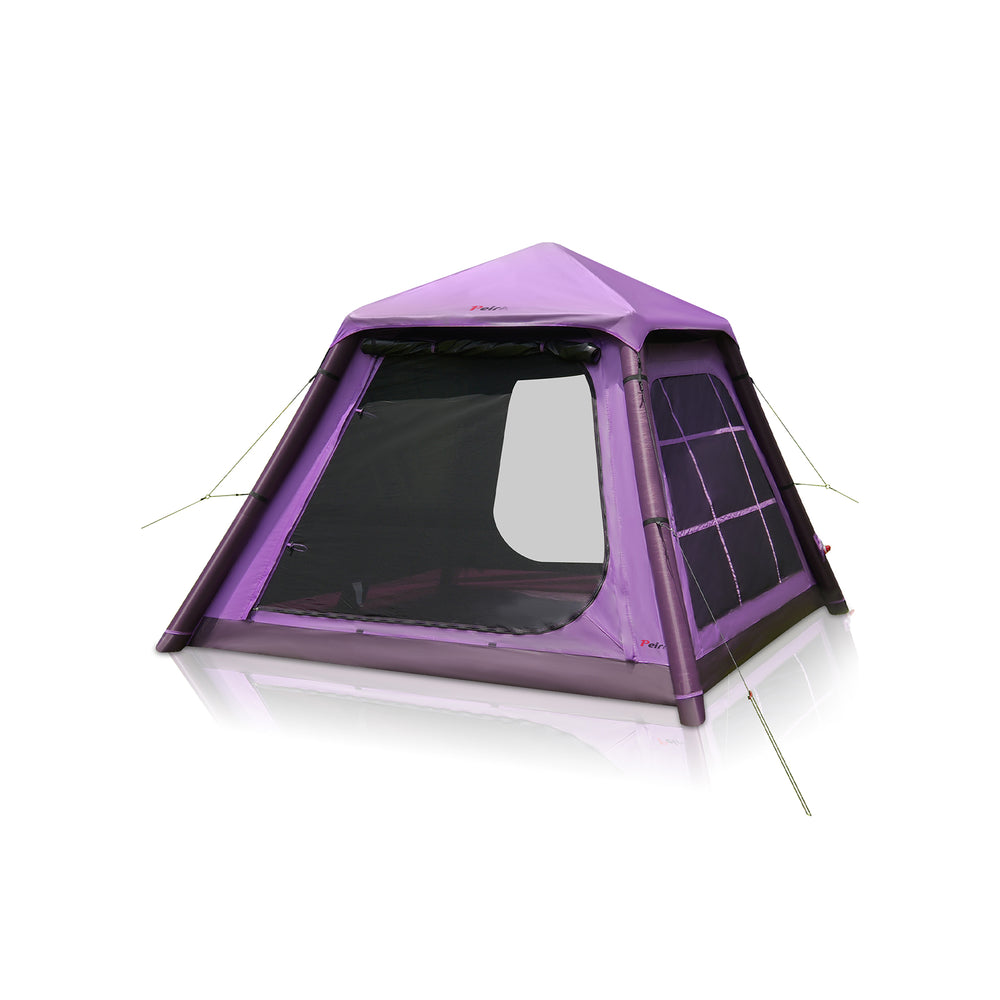


 Peirhw Inflatable House Tent - Starry Night Love
Peirhw Inflatable House Tent - Starry Night Love
 Peirhw Glamping Tents - Friendship Castle
Peirhw Glamping Tents - Friendship Castle
 Peirhw Inflatable Canopy Tent - Adventurer
Peirhw Inflatable Canopy Tent - Adventurer


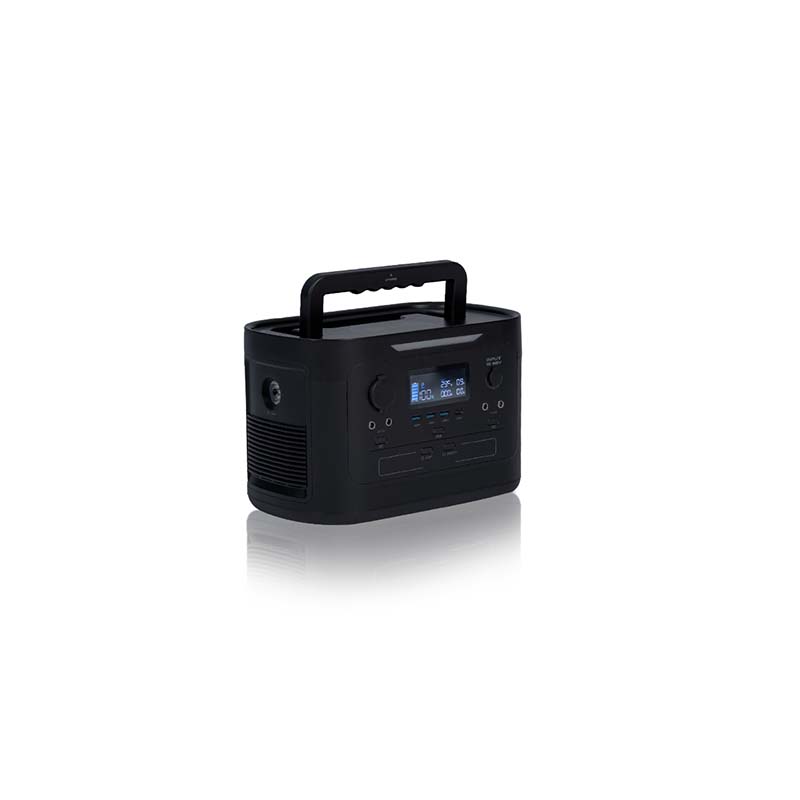
 Peirhw Portable Air Conditioner
Peirhw Portable Air Conditioner
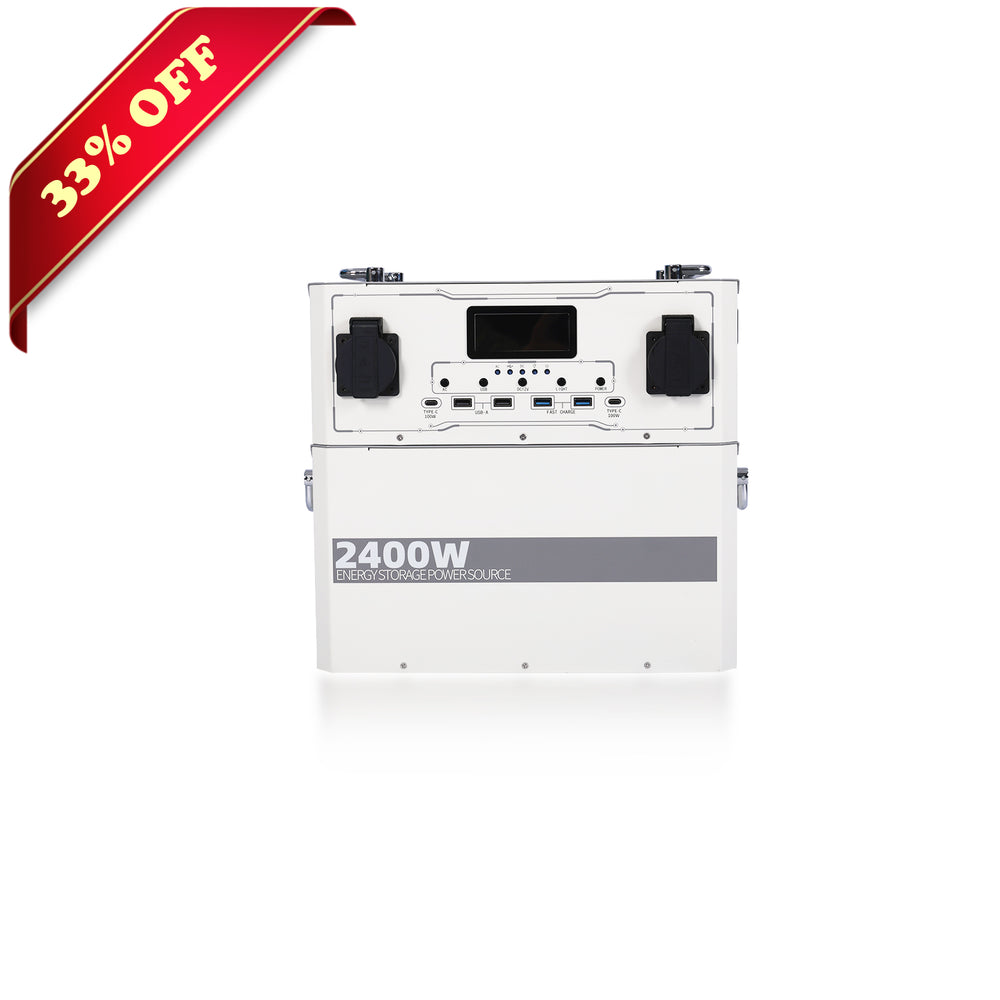 【Advance Sale】Peirhw Portable Power Station 2400W
【Advance Sale】Peirhw Portable Power Station 2400W
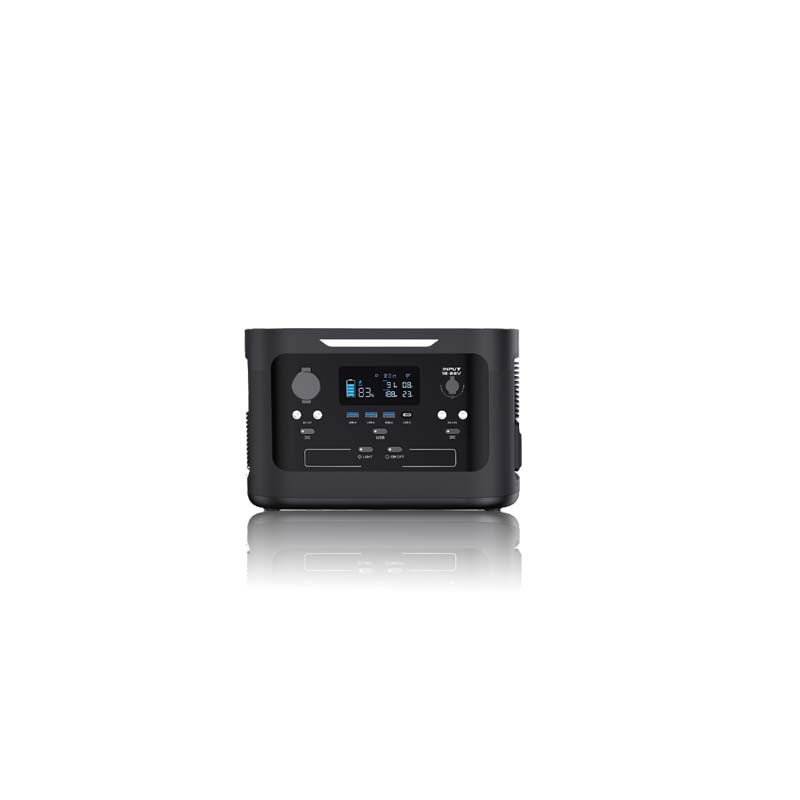 【Advance Sale】Peirhw Portable Power Station 600W
【Advance Sale】Peirhw Portable Power Station 600W

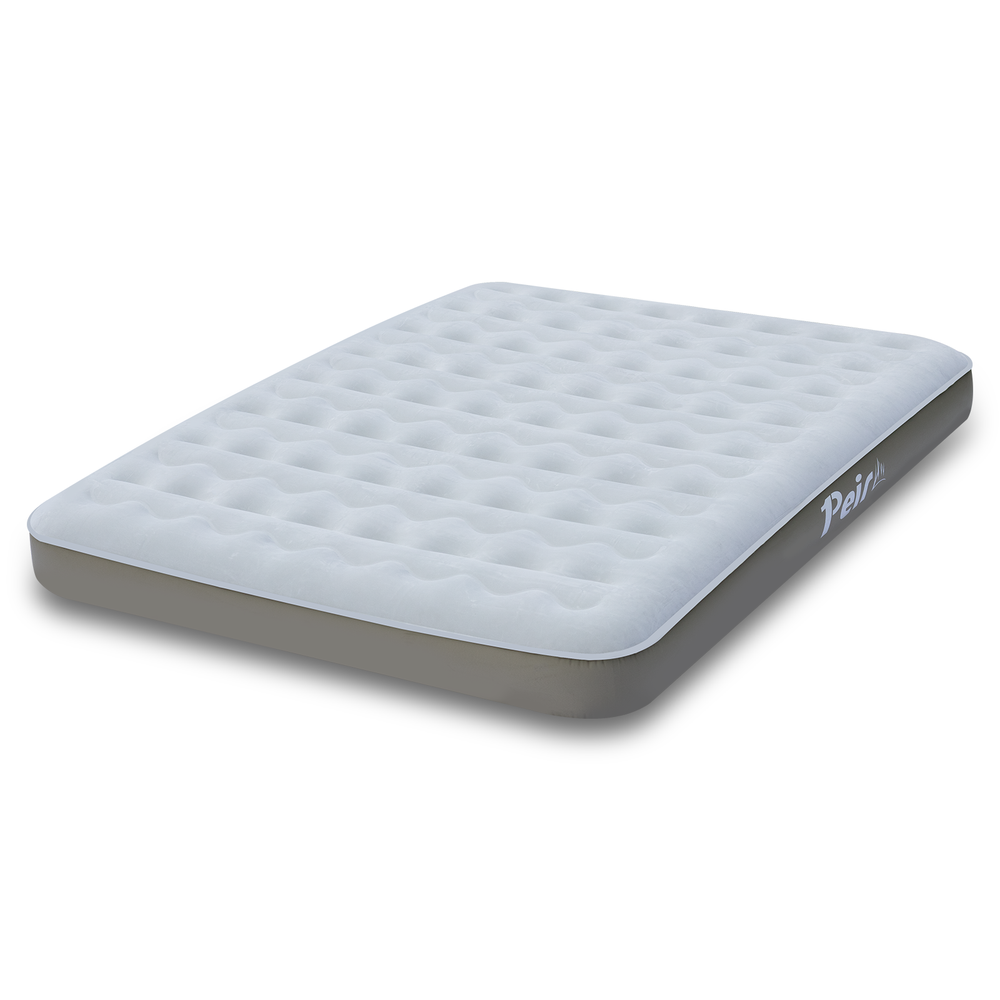



 Peirhw Self Inflating Sleeping Pad
Peirhw Self Inflating Sleeping Pad
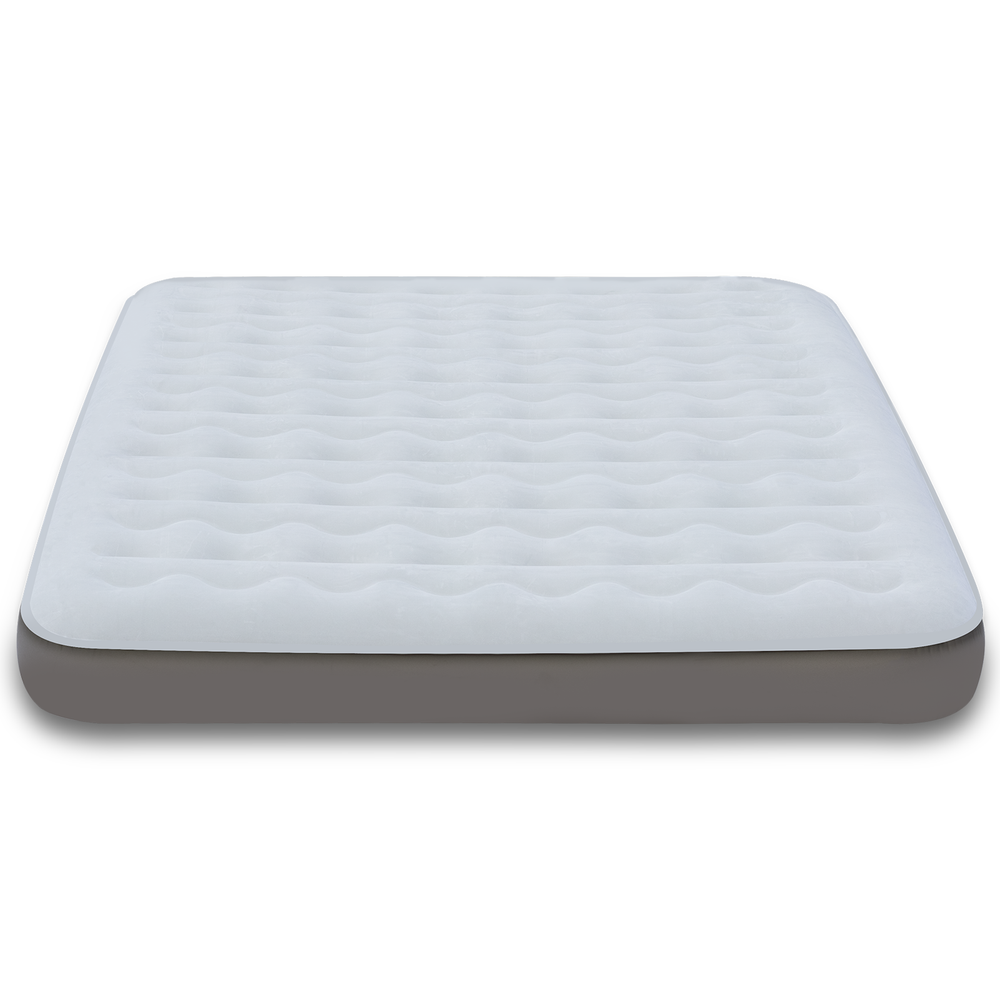 Peirhw Air Mattress (8" Queen Type)
Peirhw Air Mattress (8" Queen Type)
 Peirhw Camping Sleeping Bag
Peirhw Camping Sleeping Bag

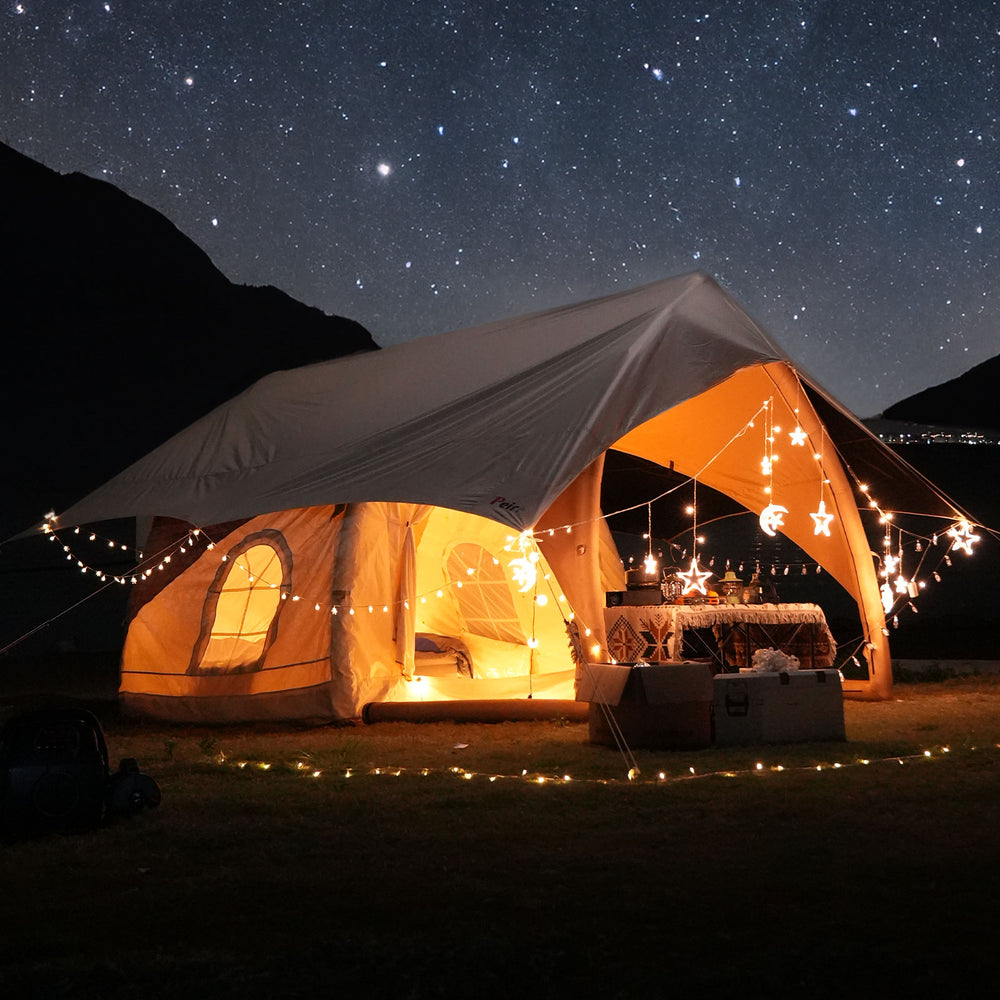
 Peirhw Butterfly-shaped Canopy for Camping
Peirhw Butterfly-shaped Canopy for Camping
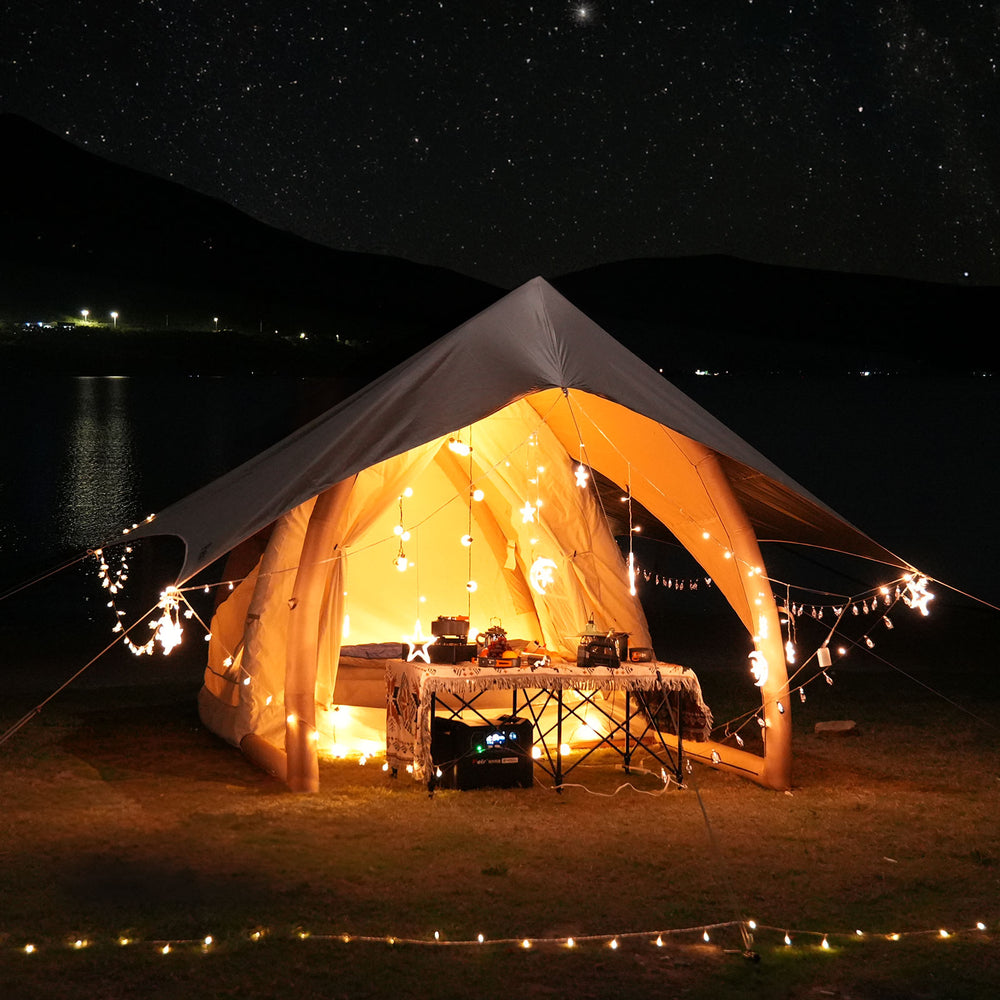 Peirhw Camping Waterproof Canopy (Cannot be Purchased Separately)
Peirhw Camping Waterproof Canopy (Cannot be Purchased Separately)

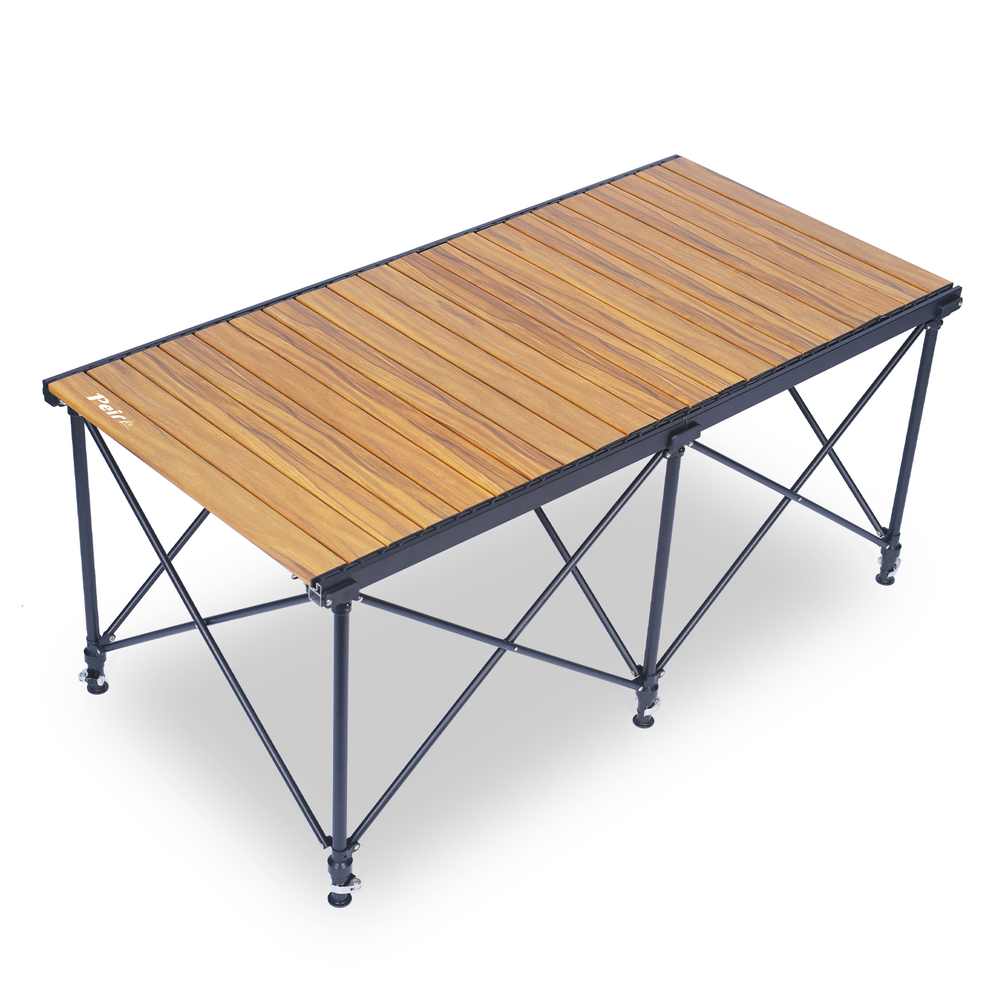
 Peirhw Outdoor Folding Chairs
Peirhw Outdoor Folding Chairs
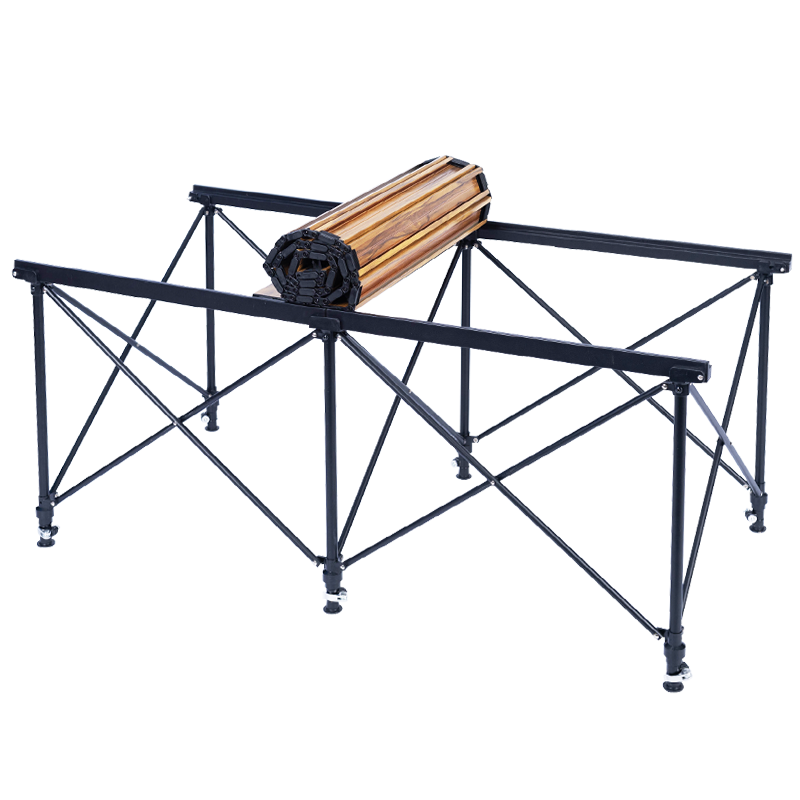 Peirhw Folding Camping Table
Peirhw Folding Camping Table





